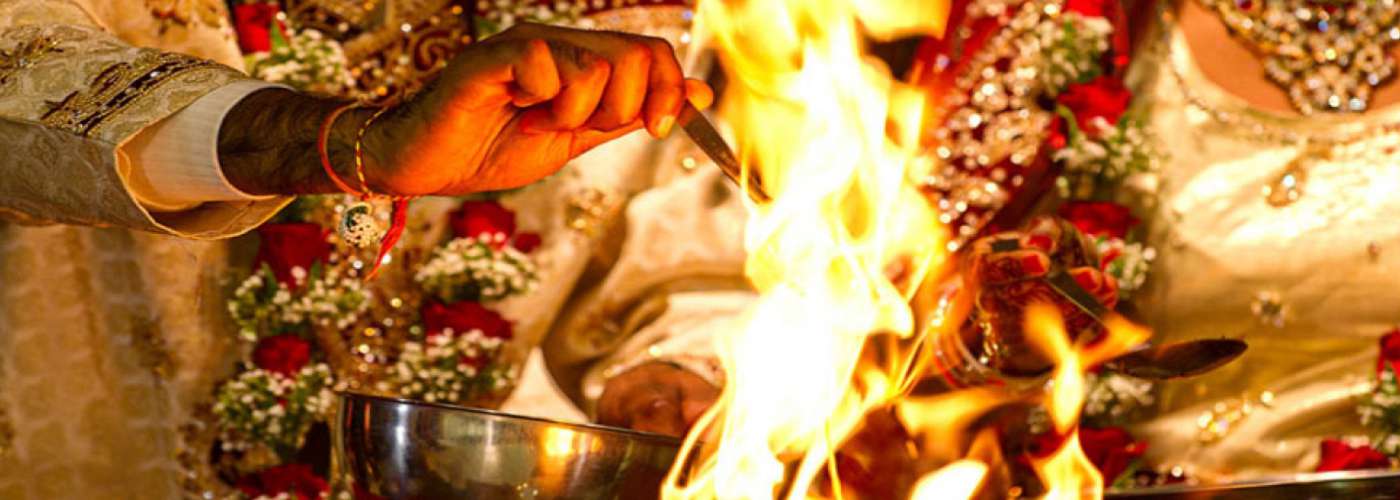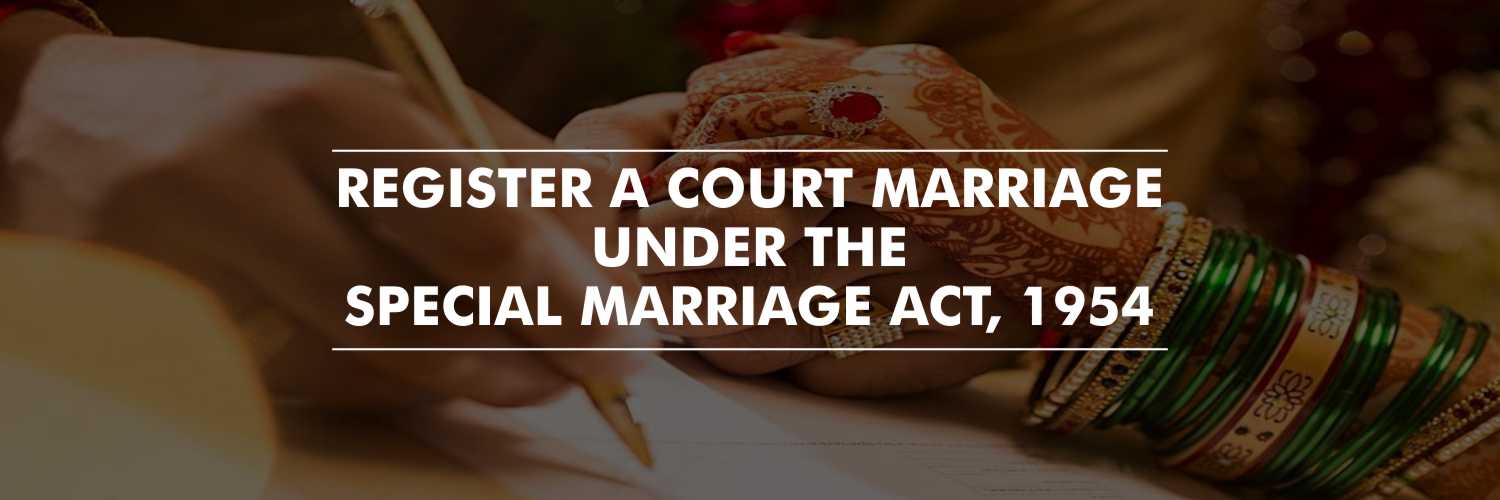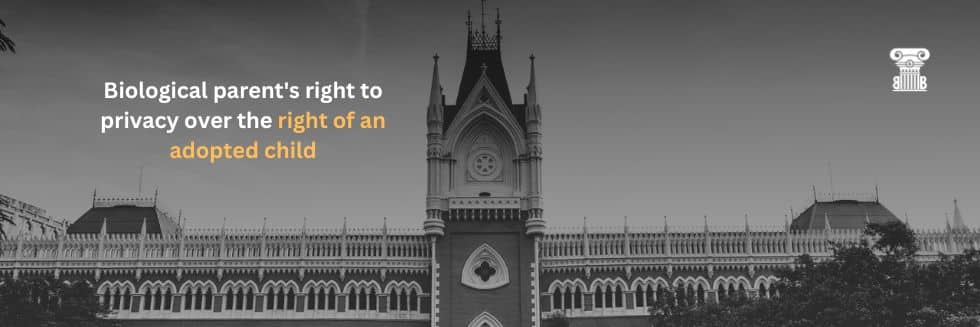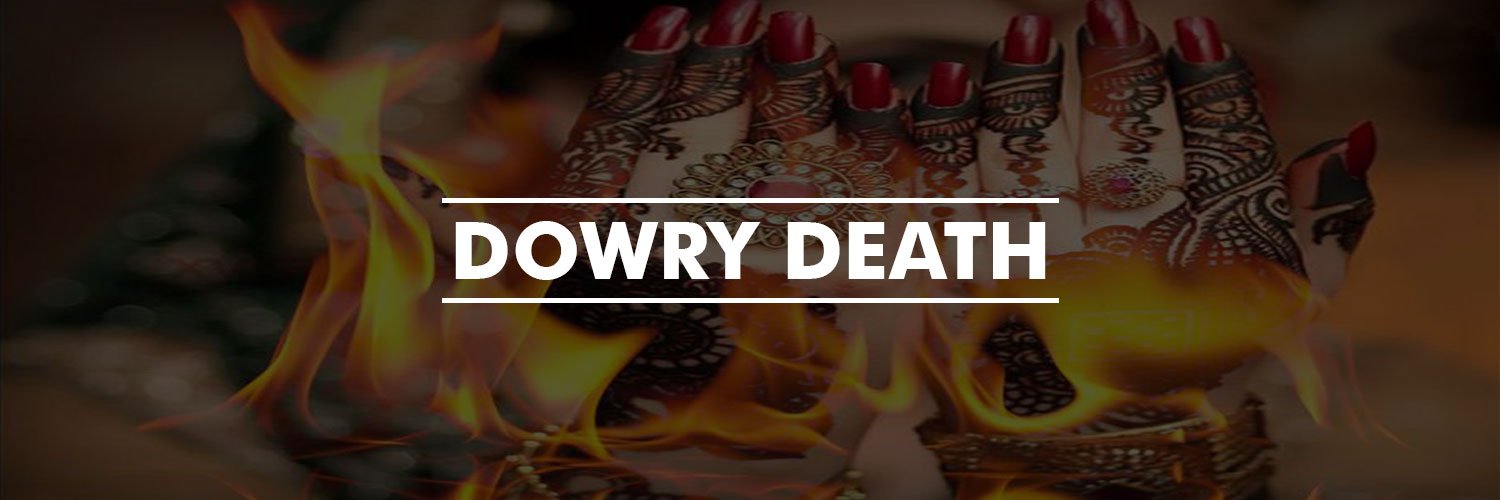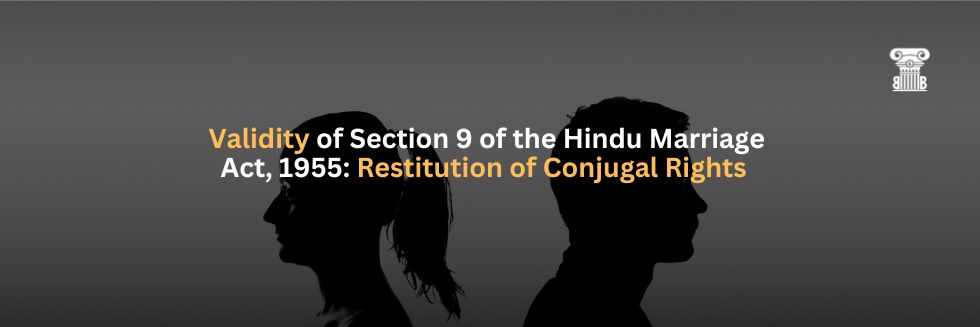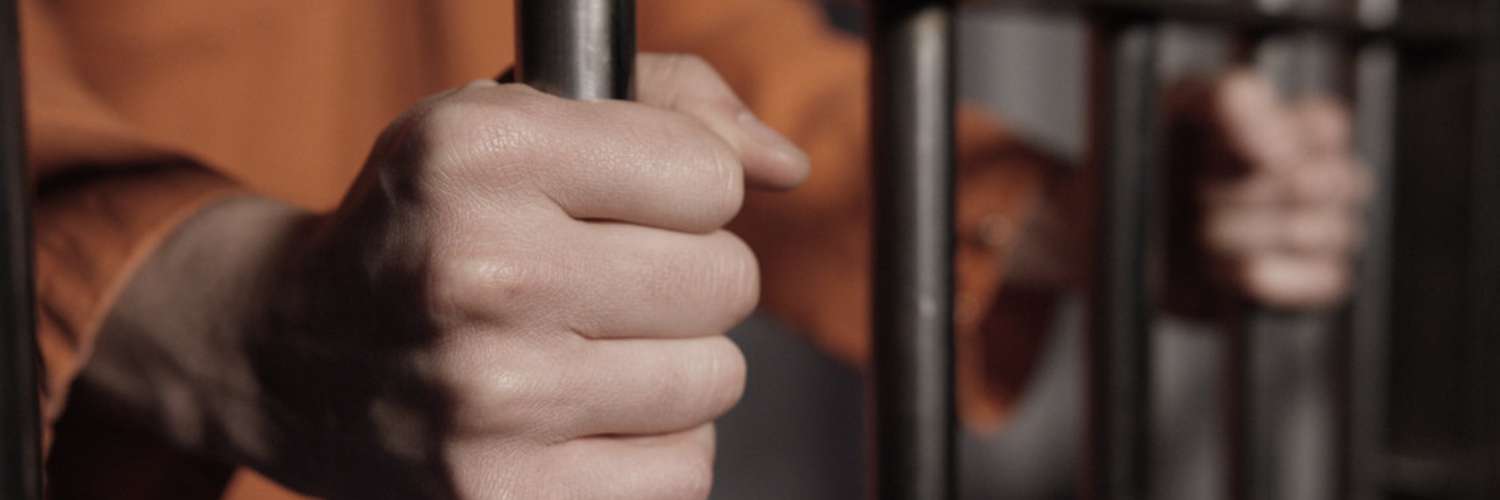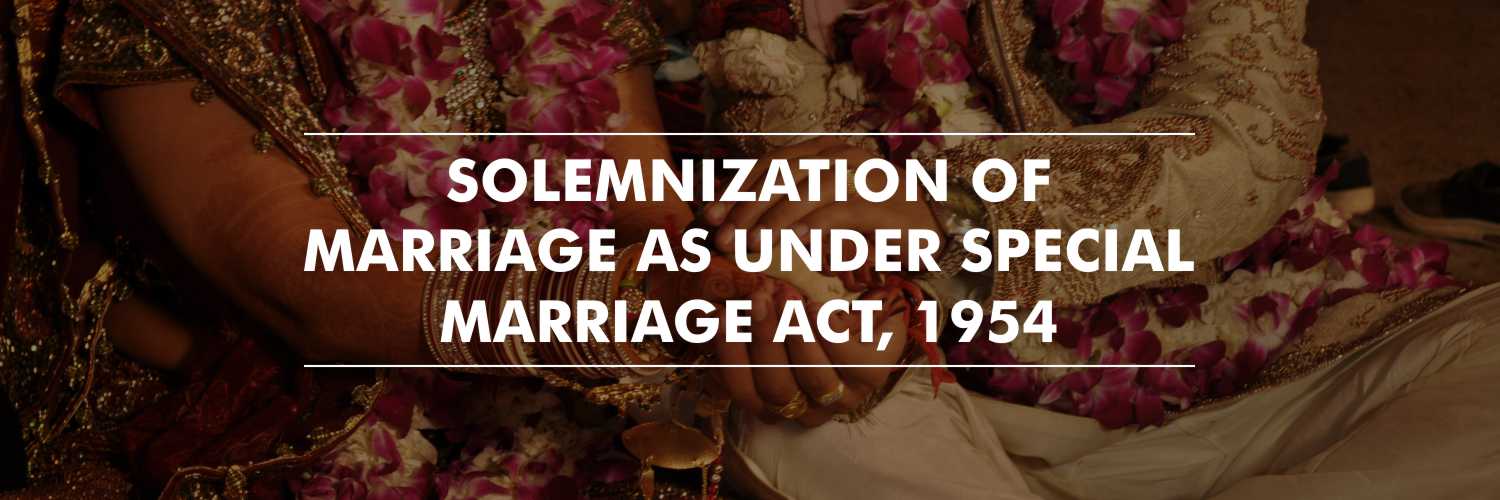The Oxford Dictionary defines “marriage” as “the legally or formally recognized union of a man and a woman (or, in some jurisdictions of the same sex) as partners in a relationship”. The Hindu law of Marriage has underwent a reform after the introduction of Hindu Marriage Act in 1955 as the Act regulates the institution of marriage for Hindus in India.
Who is a Hindu?
Article 25 (2) (b) of the Constitution states that “the reference to Hindus shall be construed as including a reference to persons professing the Sikh, Jain or Buddhist religion.”
The Hindu Marriage Act of 1955 goes in greater detail to define this legal Hindu, by stipulating in Section 2 that the Act applies:
(a) to any person who is a Hindu by religion in any of its forms and developments, including a Virashaiva, a Lingayat or a follower of the Brahmo, Prarthana or Arya Samaj,
(b) to any person who is a Buddhist, Jain or Sikh by religion, and
(c) to any other person domiciled in the territories to which this Act extends who is not a Muslim, Christian, Parsi or Jew by religion.
Explanation- The following persons are Hindus, Buddhists, Jains or Sikhs by religion, as the case may be:
(a) any child, legitimate or illegitimate, both of whose parents are Hindus, Buddhists, Jains or Sikhs by religion;
(b) any child, legitimate or illegitimate, one of whose parents is a Hindu, Buddhist, Jain or Sikh by religion and who is brought up as a member of the tribe, community, group or family to which such parent belongs or belonged; and
(c) any person who is a convert or re-convert to the Hindu, Buddhist, Jain or Sikh religion.
Conditions for marriage
Section 5 of The Hindu Marriage Act: A marriage may be solemnized between any two Hindus, if the following conditions are fulfilled, namely:
(i) neither party has a spouse living at the time of the marriage;
(ii) at the time of the marriage, neither party,-
(a) is incapable of giving a valid consent of it in consequence of unsoundness of mind; or
(b) though capable of giving a valid consent has been suffering from mental disorder of such a kind or to such an extent as to be unfit for marriage and the procreation of children; or
(c) has been subject to recurrent attacks of insanity or epilepsy;
(iii) the bridegroom has completed the age of twenty-one years and the bride eighteen years at the time of the marriage;
(iv) the parties are not within the degrees of prohibited relationship unless the custom or usage governing each of them permits of a marriage between the two;
(v) the parties are not sapindas of each other unless the custom or usage governing each of them permits of a marriage between the two
Void Marriages
Section 11 in The Hindu Marriage Act, 1955
A marriage may be declared void if it contravenes any of the following:
- Either party is underage, e. the bridegroom is below 21 years, and the bride is below 18 years.
- Either party is not of Hindu
- Either party is already married. Polygamy and Polyandry are prohibited under the Hindu Marriage Act.
- The parties are sapindas or within the degree of prohibited relationship.
Voidable Marriages
Section 12: A marriage will be voidable on the following grounds-
- If either party is impotent and, such impotence leads to an inability to consummate the marriage.
- Consent of either of the parties was obtained by unfair means.
- Both the parties must be sound of mind and capable of comprehending the implications of marriage. If any mental illness of either party leads to their inability of giving direct consent, then the marriage will be voidable.
- If at the time of the marriage, the bride was pregnant by another man who isn’t the bridegroom.
Ceremonies
Section 7 of the Hindu Marriage Act
Hindu marriage may be solemnized by the customary rites and ceremonies of either the bride or the groom.
Registering a marriage
Registration provides written evidence of marriage.
- Minimum age at the solemnization of marriage – 18 years for the bride and 21 years for the groom.
- Form A in duplicate along with payment of prescribed fee.
- Wedding invitation card.
- A photograph of marriage ceremony capturing both wife and husband.
- Residential proof of either of the spouse.
- The copies of SSC Certificates of wife and husband or passport copies (for Date of Birth proof).
- Three witnesses to sign in the form.
- Three witnesses to sign in the register of Registrar office.
The Marriage can be registered either at the Sub Registrar Office –
- where the marriage venue is situated, or
- in whose jurisdiction either wife or husband has been residing for at least six months immediately preceding the date of marriage.
Divorce
A petition for divorce can only be initiated one year after registration of marriage. However, a petition of divorce may be allowed by the court before one year in cases where either party is suffering from mental illness.
Grounds for divorce
- Adultery
- Cruelty
- Desertion – the respondent has deserted the petitioner for a continuous period of not less than two years.
- Conversion to another religion
- Unsound mind
- Venereal Disease and Leprosy in a communicable form
- Presumption of death– the respondent has not been seen alive for seven years or more.
- No resumption of cohabitation after a decree of judicial separationfor at least one year.
- Irretrievable breakdown of marriage: “The situation that exists when either or both spouses are no longer able or willing to live with each other, thereby destroying their husband and wife relationship with no hope of resumption of spousal duties.”
Also, a wife may also seek a divorce because:
- The wife was under-age when she married, and she repudiates the marriage before attaining the age of 18 years
- The husband, after marriage, has been found guilty of rape, sodomy or bestiality.
- Co-habitation has not been resumed within a year after an order for maintenance under Section 125 of the Criminal Procedure Code or under the Hindu Adoptions & Maintenance Act 1956.
Maintenance
- Section 24 – Maintenace pendente lite and expense of proceeding –
Under this Section, interim relief is granted to either of the spouses when the court believes that the spouse cannot bear the expenses of the proceeding initiated under this Act as he/she has no independent income. Once, the case is over the benefit under Section 24 of the Hindu Marriage Act will automatically cease to exist.
- Section 25 – Permanent alimony and maintenance –
This Section provides for the grant of alimony and maintenance to any of the party to a marriage at the time of passing any decree under the Act or at any time after it. While fixing the amount of maintenance the court shall take into account the status and capacity of the opposite party. Under this section, permanent alimony can be granted to an earning spouse as well.
